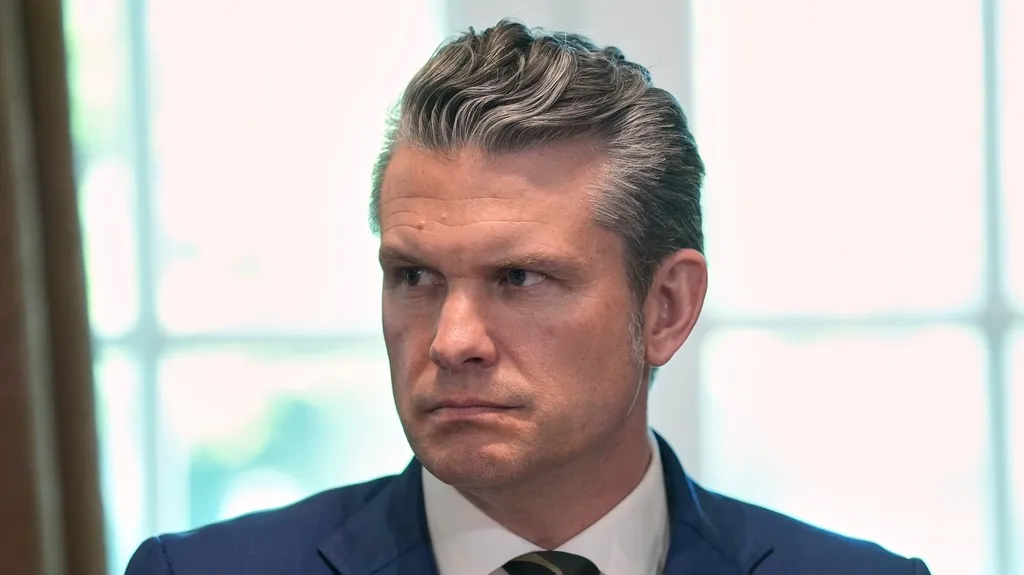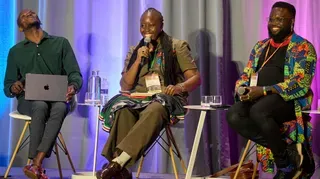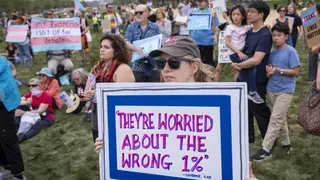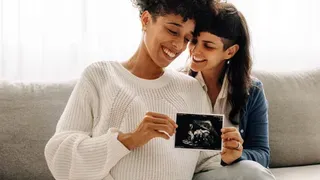October 14, 2017
Intersex Community Continues Fight for Identity
Ryan Lynch READ TIME: 2 MIN.
Marrisa Adams is a member of a group that feels marginalized because of their genitalia.
As an intersex college student, Adams was born with an androgen insensitivity disorder - XY chromosomes and "male" reproductive system inside her body, while also being immune to androgen hormones such as testosterone.
Doctors removed her internal testes shortly after birth and later performed surgery at 18 months old to give her typical "female" genitals using her bowel tissue, she explained in an interview with the Washington Post.
Her parents never gave her a choice about what she wanted to do. They opted instead to hide her intersex qualities and reassure her that she was "normal." Then they had to explain that Adams wouldn't get her period or ever get pregnant.
"I think then I started developing some sort of identity crisis," she said to the Post, "because I knew girls were supposed to have kids, so if I couldn't have a kid, was I not normal?"
The intersex community at large is fighting for children being able to choose their own identity - especially in the face of medically unnecessary and controversial surgeries which leave them without choice.
On top of that they are fighting a lack of exposure, as reportedly one in 2000 births involve intersex babies according to Organization Intersex International.
According to the Post, a greater understanding of intersex and other communities of support are contributing to the changes that are already happening. Adams said going to a intersex conference in 2015 and meeting people like her helped start her healing from her eating condition and depression.
"For so long, I'd been telling myself, 'This is contributing to my depression,'" Adams said to the Post. "Then I saw people celebrating everything about being intersex, and I thought, 'I could be one of those people who's celebrating it, rather than hating myself over it.'"






